MA SODA 2018-2019
401 Workbook
Jorge De Hoyos
Questions, Desires, Ideas In the Works...
15 September
- 2019 -
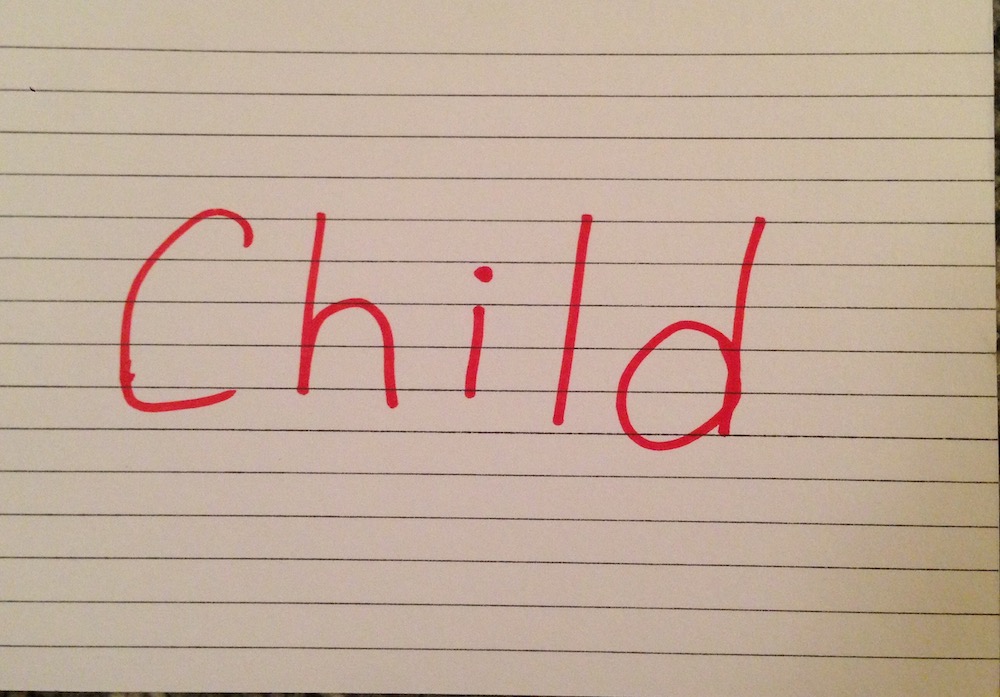
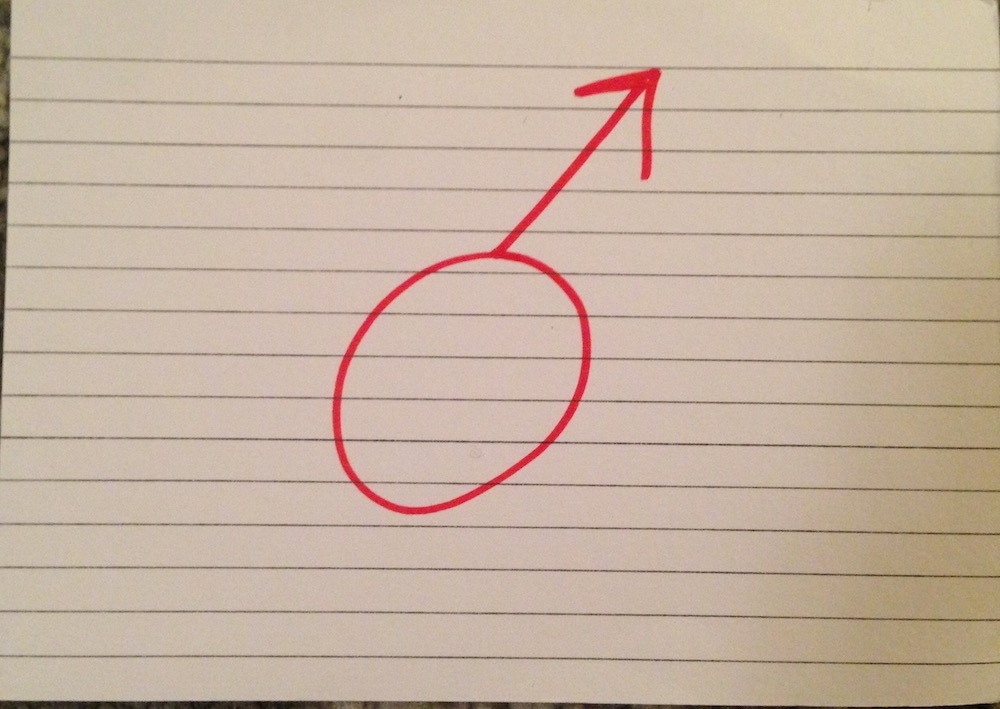
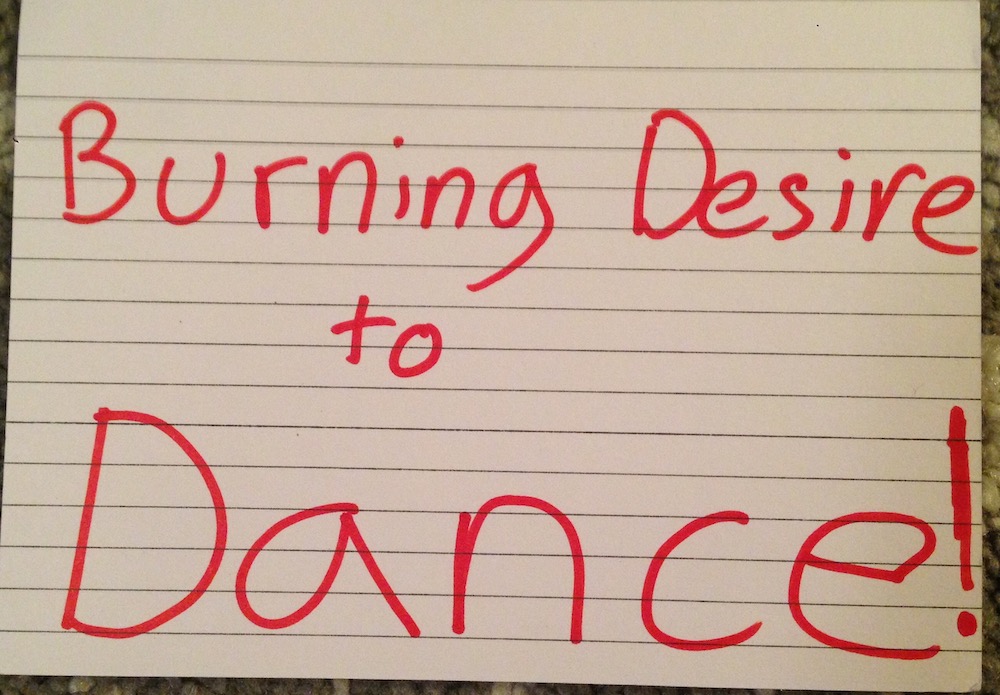
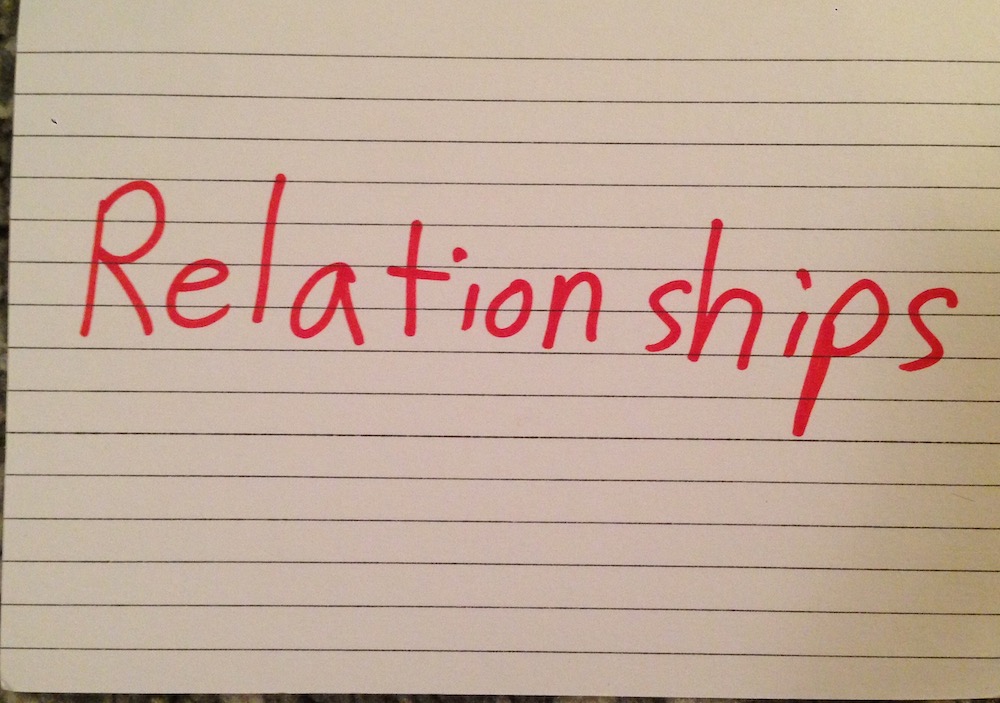
Alessandro and I met at a Berlin sex club where we immediately entered into a committed boyfriend relationship from the moment we made each other orgasm until around 8am the next morning—one of the most erotic nights I’ve ever had. After this 11-hour, polyamorous partnership, we didn’t see each other until riding on the S-Bahn a year later. We didn’t become regular friends until even months after that. Now, having grown very close, Alessandro mentioned how a deep, inner-guidance insisted that he must get to know me that night. I remember our attraction…not just sexual but some-cosmic-thing else that leaves a distinct impression, the feeling of which is specifically easy for me to recall. It feels like the bitter taste of semen and carbonated beer being washed away and swallowed by a soothing, ravenous tongue. It feels like recognizing.
As my visual arts collaborator, I asked him to contribute an image that reflects and gives insight into my ongoing research on presence: how can I be more deeply grounded in my body so as to improvise dance performance at my fullest capacities—to not overthink so as to allow my intuition to lead the dancing? The work demands releasing control of rational decision-making procedures so as to allow whatever is inside of me or wanting to come through me to gain physical expression into legible form.
I was explaining, “In general, but also specifically for the final presentation, I want to be dancing so open and full of vitality so that my spirit can be free and I can embody and satisfy all the passions and desires. You know, like Billy Elliot who later becomes the beautiful Swan...” With a knowing look he said, “I have something that is you. I will send.”
There is an inherent violence in expanding beyond borders, in entering territories defined in relationship to oneself as “other”. This process entails confrontation, a struggle for dominion. In the context of becoming more grounded as a dancer to perform at an expanded capacity, this struggle takes place in the realm of the self and is largely a matter of recognition. Recognition is here understood by the fact that borders demarcating a sense of oneself as separate from an “other” are always changing, and that through a continuous tug-of-war, processes of incorporation and growth occur as one side eventually cannibalizes the other. The “other” becomes the self, and vice versa. Recognition, therefore, is a repeated process of incorporation. It means to expand one’s definitions of what constitutes one’s self to include otherness. The violence inherent in this process emerges from the precondition of ongoing struggle, and the violence intensifies and gains sharp teeth when this process is resisted.
I initially resisted Alessandro’s painting—a screaming figure masturbating as a demonic shadow looks on. I feared to recognize it as the accurate and insightful reflection of my research that I now consider it to be. Upon first encounter, my stomach clenched as if trying to stabilize an internal breach, as if clenching could prevent something personal and valued from cracking. Yes, the image could relate to the human-to-swan transformation story with which I was initially identifying, but it was the nightmarish, “other” black swan version that had manifested like an intruder. I felt momentarily seized in suspension between my resistance and an impending sense of destabilization. The violence in this uncanny confrontation felt like the instinct to defend myself or seek refuge. Have I been understanding myself and my research in an entirely wrong way, foolish and even immoral? Have I naively opened myself up too much, leaving me susceptible to a demonic takeover or an eternal hell of serving relentlessly throbbing passions? At stake was a sense of personal power…am I now lost?
Of all the fears I experience while dance improvising in front of others, getting lost is the strongest and the most recurring. It happens when I worry: Am I really present? Will I look ridiculous if I follow that feeling? Am I being interesting enough? Such thoughts create a mind-body split, and in this gap between intuitive impulse and physical action, time goes missing. I become confused and fearful and lose orientation leaving me vulnerable to the rampage of internal voices. What results is that my spirit, for fear of demise, seems to evacuate my body while my physical remains proceed to operate along habitually programmed movement pathways, like a machine on autopilot—unresponsive. Dancing like this feels from the inside like a waking rigor mortis. A body somehow survives but at the cost of the quality of life.
Grounding my energy has become my main area of inquiry and practice to keep re-finding myself in my body and in the process to revitalize it. Breathing deeply, for example, is one of the everyday tools I use to dissolve stiffness—stiffness as in freezing into pre-defined patterns, as in becoming slave to the tyrannical penis passions depicted in the painting, as in not moving freely. Breathing, a main way of grounding, helps me dissolve internalized obstructions so as to cultivate my intuition.
Confronting Alessandro’s painting, I breathe deeply to dissolve my resistance to recognizing how something so true and revealing about me--my desires, dreams and questions--stands naked, reflected and immaculately transparent to my perception.
As the spiritual teacher Caroline Myss explains: “Every time you learn something that is more accurate, more authentic, or true than what you were just believing, you crack open a little bit. In that moment of cracking open, you become very vulnerable because you know that the world you were just living in is gone. It evaporates in front of your eye. Just like that” (Myss 2019).
--
Billy Elliot. Directed by Stephen Daldry. Universal City, CA: Universal Studios, 2001
Myss, Caroline. (2019). Understanding Your Own Power – Enchantment 2018. [YouTube Lecture] Available at https://www.youtube.com/watch?v=zeY_SmJafSQ&t=203s [Accessed 14 Sep. 2019]
Ubirajara, Alessandro. Risk on potato bag #2. 2015, Berlin.
SODA Publication 2018-2020
Journal on 14.09.2019:
--I reflect on evil as a thing that I am interested in but also something I always keep guard against in myself. A less heavy way to think about it is perhaps "ethics" in terms of how I work with people in a way that is positive for all involved. "Evil" can have a tendency to bog me down with too much moral worry. However, it's still an interesting filter to read processes and inter/personal dynamics through.
---
I just realized a crucial thing about how evilness growing in my process of writing the text for the SODA 401 publication.
I asked Alessandro to contribute an image, and he sent a painting in the style of Francis Bacon of someone screaming and masturbating with the head of Dionysis nearby. My idea for the publication is to talk about relationality and/or responsivity through putting his painting and my text together.
My first draft began in diary-style where I recount our story of meeting at a sex club but how we later became loving friends. I spoke much about him and shared exteremely personal insights about him. I gave him the text to look over and approve, and I was very anxious for his reaction. He might be offended and might say no.
He said yes because he knows that this is an art process, and that art must be free. He wants this for himself, so he extends this act of love to me.
I felt honored. I also told him my story of how I lost my soul for a moment in San Francisco during the creation of STICK.
The next day, I showed some classmates and Sandra my draft to get feedback. Kuba’s impression was that I was using Alessandro (my story and insights into him) to hide behind. I know this, but I was trying to do so at the beginning for narrative effect, so that later I can twist everything inside out to reveal that the narrator (“me”) realizes that he (“me”) is actually the one being described… blah blah.
Sandra echoed Kuba’s feedback but by simply pointing out that it seems like I write about Alessandro, but she gets lost because she wants to focus on what my art practice is actually about.
I understand this. In my process I often have to dwell in an overview zone before committing to focusing in on a target. I was avoiding getting to the meat of my text which is articulating the processes and the work that I’m actually trying to do underneath it all.
This morning I got more to the point, that I’m talking about the process of being clear and facing the shadows and looking hard into the mirror. I was trying to find quotations from M. Scott Peck’s “People of the Lie” where he defines evil as a combination of narcissim and laziness.
I realized that even in my text-writing process, I was using Alessandro as the sacrificial lamb so as to avoid a certain hard labor that I knew needed to get done, but that I have been avoiding. Nothing bad happened, and Alessandro consented to letting me be free in my process and to use him. But his consent came from love and trust. I thought I was being loving too by being raw and real, but it was laziness disguised through great effort as love and wisdom.
Now that I understood the core of the message that I want to write about, the earlier approach of storytelling our personal lives has evaporated.
If not for the feedback of third, outside parties, I might have gotten stuck in a situation of using Alessandro to avoid a deeper truth. This would have been a sort of evil…or at least the foundation from which evil could begin to grow. I am lucky to take in feedback to have realized this. But I realize that it takes more than oneself to navigate such terrain and work out such complex “problems”. It takes a healthy ecology where many “others” can influence and treat and work on the issue…and these lines of labor come from all angles and all maybe-not-at-first-directly-perceived directions…
Journal on 24 September 2019:
--I reflect here on the tension between trusting my intuition and being open to feedback. It came out through the writing process for this publication. I use these experiences to plan for how I want to work with my intuition and receiving feedback as I go into the creation process for the show.
--
Question that popped up…
It can get confusing when I’m trying to follow my intuition in an art-making process but then I ask for feedback which might go against an intuitive impulse. I was thinking back specifically to when I was writing the text for the 401 publication, and I got feedback from Kuba and Sandra. They had a necessary and obvious critique, but I was not prepared in that moment to hear it so well due to tiredness and not having taken space from my writing. I was too zoomed in on the different threads of text that I was trying to spin and potentially weave into the whole.
In this moment of receiving feedback, I felt defensive inside for a few moments because I felt their feedback was against a fragile direction I was taking with the writing. This direction being that I was writing in very personal and explicitly-sexual diary-style. Their feedback was not against that at all actually but I still felt a struggle within myself between trusting my intuitive impulse to having written that content but then doubting myself with questions like: am I just being an exhibitionist? Why? And is that a typical man-spreading sort of thing? Am I too self-focused and hermetic and not able to offer something useful to a wider audience?
I know that as I enter my creation process for the final presentation, trusting my intuition is the main focus of the work. I want to prioritize my intuitive decision-making above all else. As this is a newer approach for me to take, I feel vulnerable and that the approach is vulnerable to be subverted as well. I need to protect that decision and build my confidence to trust my intuitive decisions above all else. Therefore, the doubt that appeared with the feedback is something I’m worried about.
However, upon reflection, I realize that feedback is, by its reflective nature, just information. Of course the information is embodied in a complex and subjectivity-heavy context (the person who gives the feedback, the moment in which this feedback is given with my own questions and concerns at that time, etc), but I can focus to receive the feedback objectively.
Strategies for the best way to receive feedback could be to curate the feedback as proposed in different ways through the Das Arts methods. In general, I can approach feedback and the work that is being feedbacked with distance, with the observer-brain rather than the worker-brain (that part of my mind that is emotionally connected to a certain material or thread of creativity). With distance, I don’t have to doubt my intuition, but continually search for ways that intuition can work with feedback and my editor-brain or director-brain in productive partnership.
--
Other thoughts to note for now:
“evil” is a topic to explain because I feel my work stands in relation to it…that my work is trying to be pro-life whereas evil is defined by M. Scott Peck as anti-life.
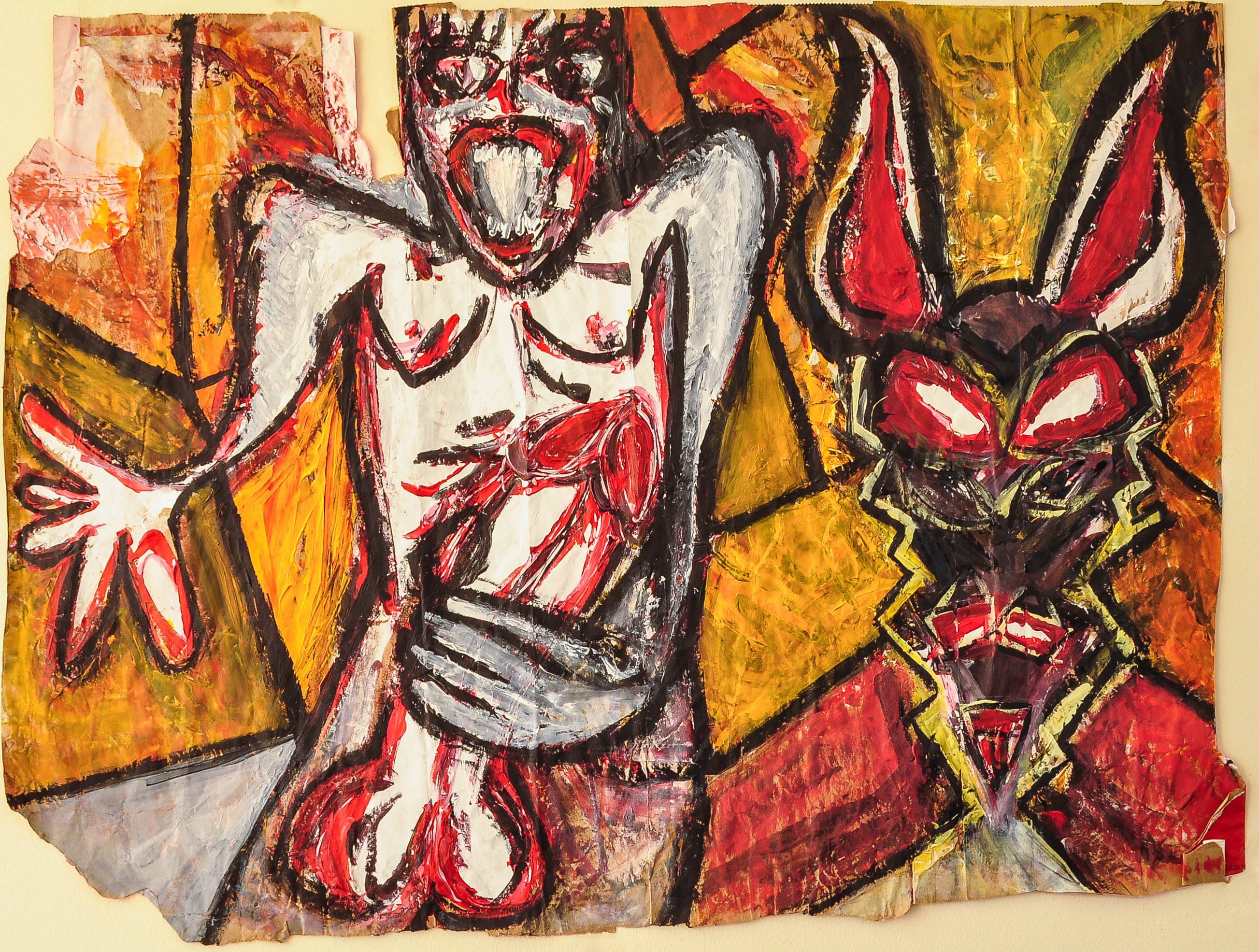
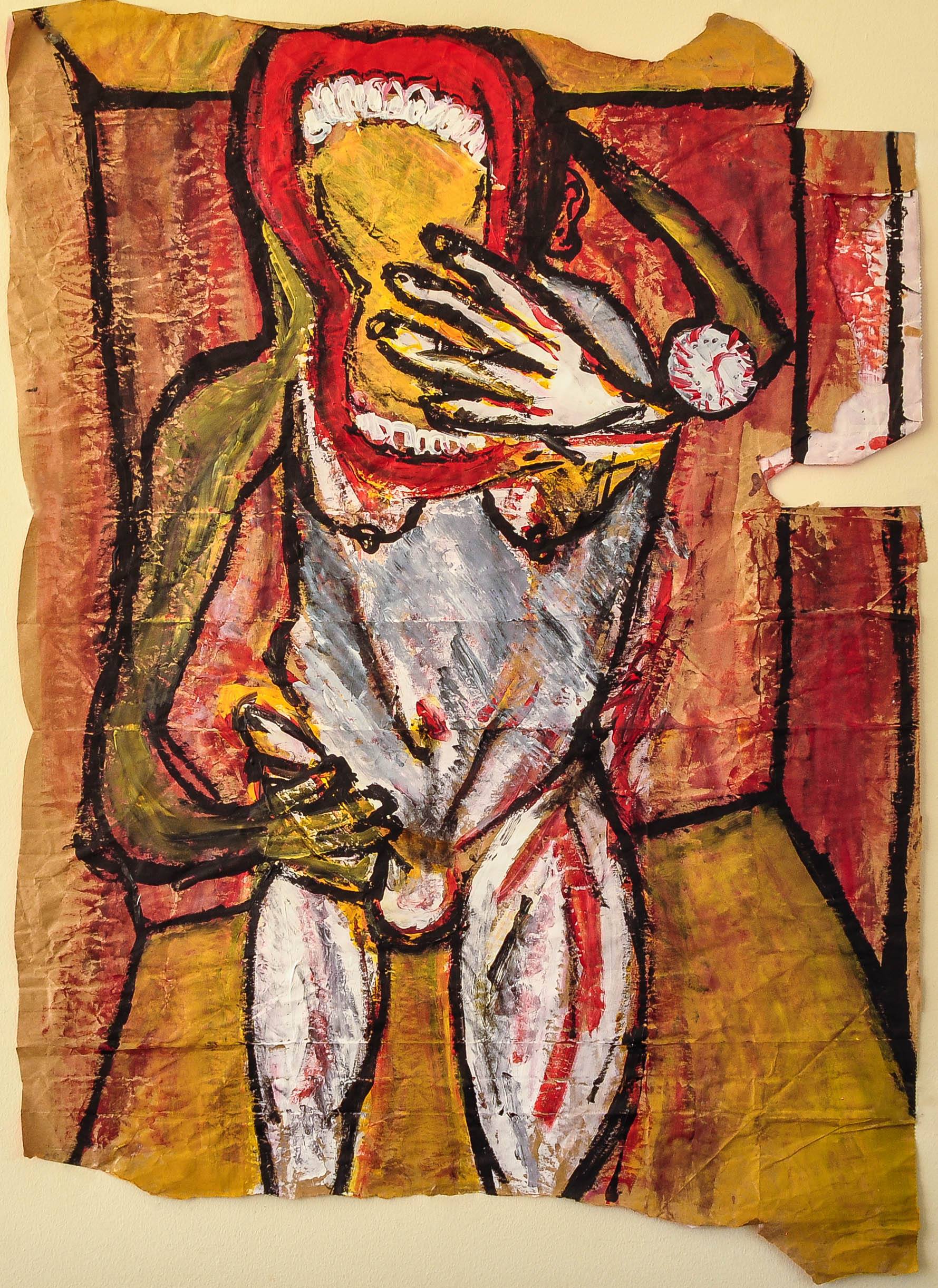
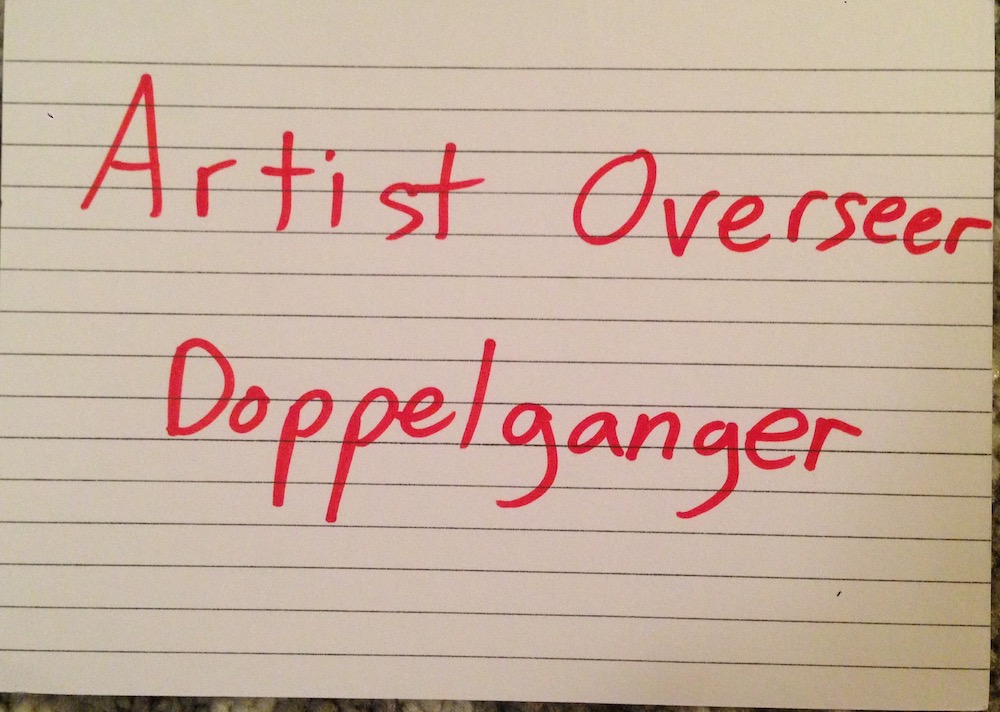
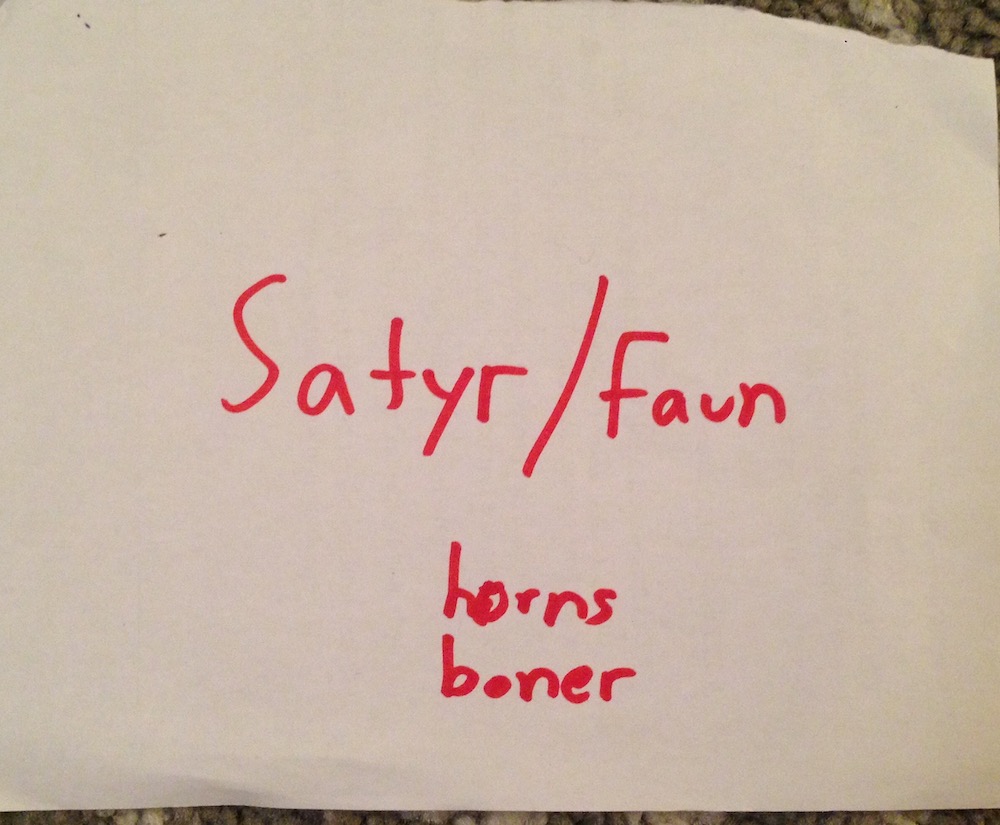
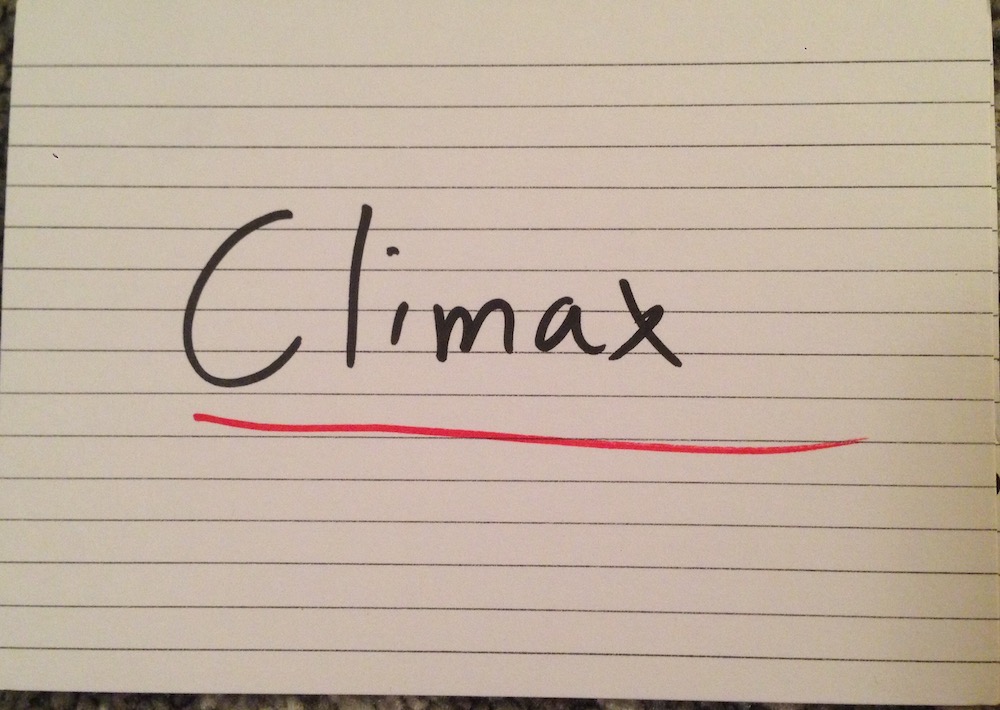
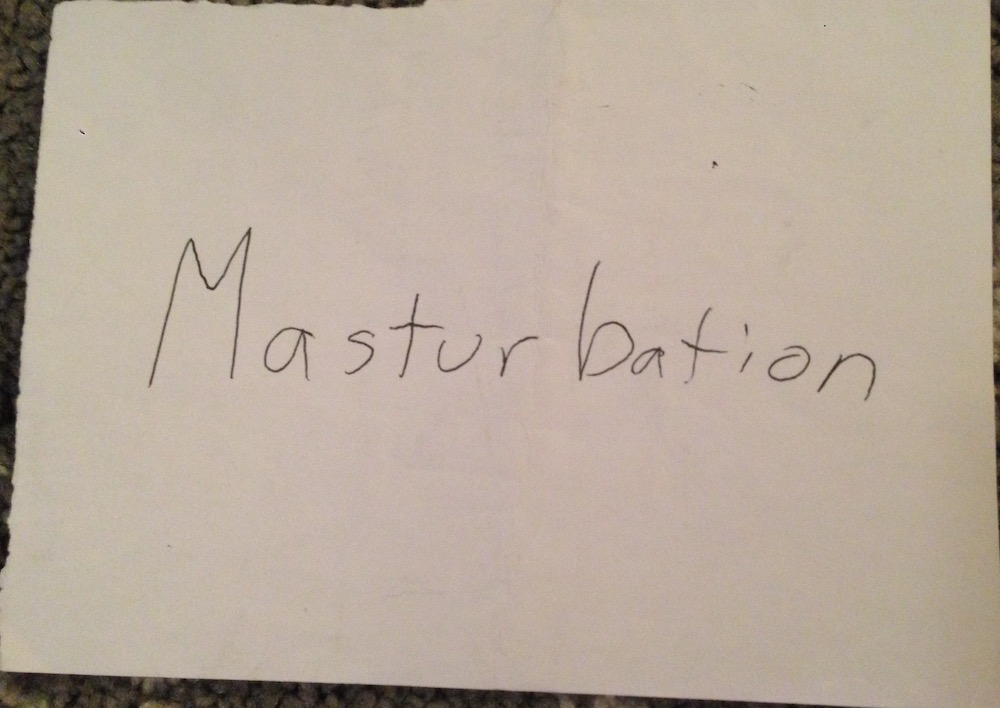
Main ^
Next >
< Previous